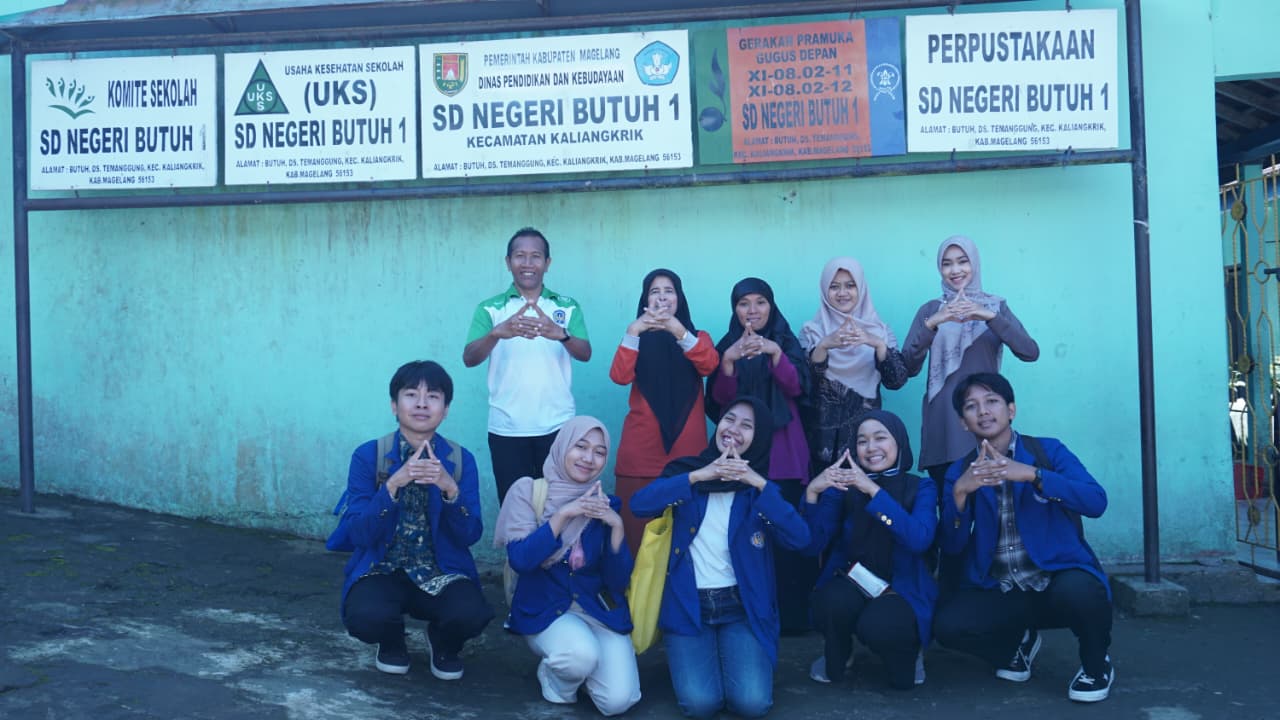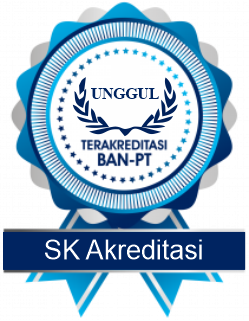You are here
Gagas Media Educates Disaster Mitigation Based on Local Wisdom, UNY Civic Education Students Won PKM 2025 Funding
Primary tabs

Careva Jhilly Kahanaya S, a student in the S-1 Program in Pancasila and Citizenship Education at UNY, has achieved a notable accomplishment by securing funding for the 2025 Student Creativity Program (PKM). Along with Rahmat Joan Pratama, Bagus Hermawan (Indonesian Literature), Resti Aryani Widyaningsih (Psychology), and Isnaini Putri Ayu Sulistiyowati (Educational Technology), she is one of 22 teams from UNY to secure funding. Jhilly and her team developed a program titled “Development of Integrated Augmented Reality Flash Cards Based on the Nyabuk Gunung Tradition as an Educational Medium for Landslide Disaster Mitigation for Children.” The idea for this program stems from the high incidence of landslides in Indonesia, particularly in mountainous areas such as Magelang Regency. These landslides pose a significant risk to vulnerable groups, including children. “To reduce the risk of casualties among children, education on landslide disaster mitigation is important. Coincidentally, we found Nyabuk Gunung local wisdom as one of the efforts to mitigate landslide disasters,” said Jhilly. Nyabuk Gunung itself is local wisdom in the field of agriculture owned by the community in Butuh Hamlet, Kaliangkrik, Magelang Regency. The landslide disaster mitigation material and Nyabuk Gunung will be packaged in the form of flash cards integrated with augmented reality technology. With this medium, it is hoped that the landslide disaster mitigation material and Nyabuk Gunung can be presented in an enjoyable and engaging way for children, making it more effective. The implementation of this program will go through the following stages: needs analysis, product design, product development, implementation, and evaluation. “We will carry out this program over approximately five months, from July to November, with the research subjects being elementary school children on the slopes of Mount Sumbing to ensure the research is more relevant,” explained Jhilly. This year, 1,590 proposals were approved for funding out of a total of over 33,000 proposals submitted. This means that less than 5% of proposals were funded. From among the funded proposals, further selection will be conducted to determine which ones qualify to advance to the National Student Scientific Week (PIMNAS).
Contact
Faculty of Social and Political Sciences Information Center :
- Tel: 0274-586168 psw 1455
- Fax: 0274-548201
- Email: fisip@uny.ac.id; humas_fisip@uny.ac.id
- Website: https://fisip.uny.ac.id/
Copyright © 2026,

